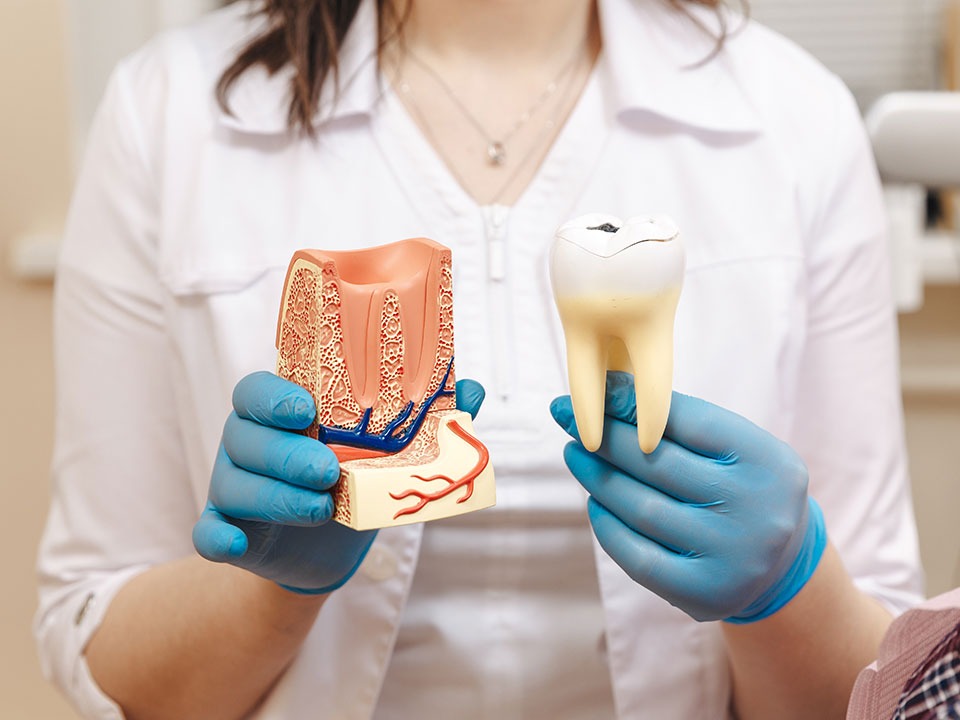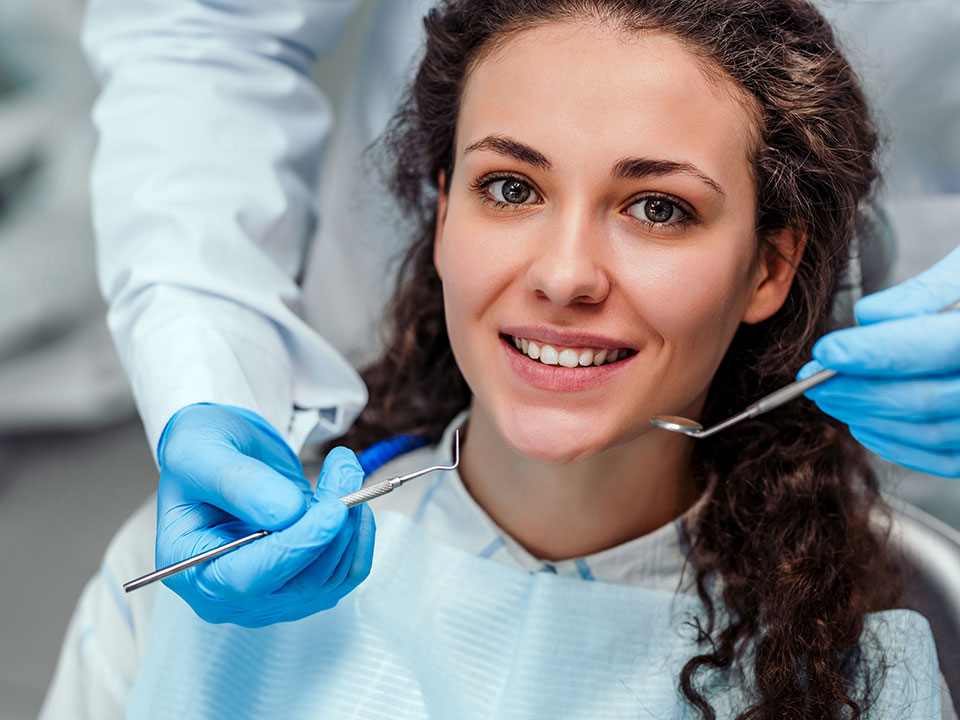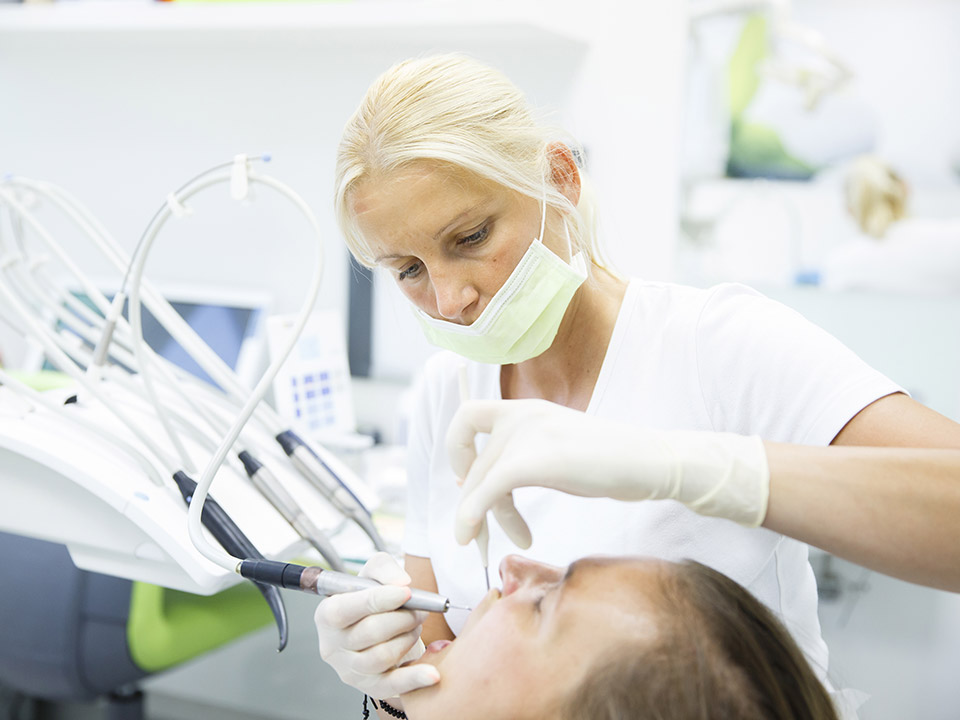Carbonated drinks are a regular pleasure for most households. However, as likely as soft drinks are harmful to your health, they can also affect your perfect smile.
Some people can go their whole life drinking carbonated drinks without experiencing any teeth problems. But this is not always the case. To some, soft drinks come at a great expense to their oral health. It all depends on their drinking habits and several factors that affect soft beverages on their teeth.
Many people know that sugary drinks increase the likelihood of developing tooth decay. However, it is also important to note that some other ingredients also play a role in accelerating your tooth erosion.
How Do Soft Drinks Affect Your Teeth?
Studies have shown that sweet fizzy drinks have become a growing concern for oral health. There are three main dental effects of drinking carbonated drinks.
1. Plaque Formation
Carbonated drinks like soda have a high concentration of sugars. The interaction of these sugars, saliva, and other particles in the mouth can lead to plaque formation in and between your teeth.
Plaque becomes the ideal home for bacteria as they eat away the sugars and food particles around your teeth. It may lead to oral issues such as cavities.
2. Tooth Erosion
Soft drinks have a high level of acidity which can start eating away at your enamel. The enamel is the outer protective layer of your tooth. As erosion occurs, your tooth surface slowly softens and weakens.
3. Cavities
As your enamel erodes over time, cavities will start to form. Likewise, holes within the enamel are also likely to hold plaque and bacteria, increasing your chances of developing cavities. Coupled with poor oral hygiene, this significantly increases the development of cavities in your teeth.
Do Diet and Sugar-Free Carbonated Drinks Affect Your Teeth?
Over recent years, many people have switched from regular soda to either diet soda or sugar-free drinks. However, are they all that good for your teeth?
Unfortunately, your diet or sugar-free drinks are not as risk-free as you thought. Although diet soda does not contain any sugars, it is likely to cause dental erosion over time. The carbonic acid found in all carbonated drinks does hurt your teeth. When carbon dioxide gas combines with water, carbonic acid forms.
In addition, most diet and sugar-free drinks contain some amounts of citric acid, phosphoric acid, and tartaric acid, which is just as damaging to your teeth. Regularly drinking these beverages will lead to the weakening of our enamel and tooth decay.
How Do You Know If Your Tooth Is Damaged?
The best way to know if your teeth are damaged is through your routine checkup with your dentist. However, some warning signs can help you figure out if you have tooth decay. These include:
- Teeth cavities or fractures
- Persistent toothache
- Tooth sensitivity when eating and drinking hot and cold food or drinks
- Sensitivity to sugary foods or drinks
- A tooth stain, either dark or white colors
Is Sparkling Water Good or Bad for My Teeth?
Sparkling or fizzy water is also derived from water carbonation. But does it mean that it is bad for your teeth?
Sparkling water has a high pH level, more than most carbonated beverages. This means that sparkling water does not have such an erosive effect on your enamel as the other soft drinks. However, this does not mean replacing your daily water hydration routine with sparkling water.
What Is the Safe pH Level of Beverages To Drink?
For optimum dental health benefits, it is always recommended to drink fluid within a pH of 6-8. In addition, always ensure that you complement this with proper oral hygiene practices.
How Do You Prevent Tooth Damage?
Though soft drinks may cause dental damage, there are some simple ways to take good care of your teeth. These include:
- Ensure you always brush your teeth twice a day. It helps reduce any effect drinking soft beverages have on your dental health. In addition, don’t brush your teeth immediately. Give your mouth about an hour before brushing. Your saliva plays an essential role in neutralizing acidity in your mouth. Brushing before then may lead to the spread of the acids, leading to more damage.
- Drink moderately. The less you drink, the better. Regular drinking of carbonated beverages will lead to further damage to your enamel. Giving your teeth a break will help them heal over time.
- Always use a straw. Drinking through a straw helps minimize any direct contact of sugars or acid to your teeth.
- Drink your carbonated beverage with some food. Eating while drinking increases saliva production in your mouth that helps neutralize any acidity.
- Rinse your mouth after drinking soft beverages. By flushing your mouth with water, you help wash out any sugars or acids that might have gotten onto your teeth. In addition, drinking or eating daily products like milk or cheese can help neutralize any acidity in your mouth. Dairy products are also rich in calcium which is essential for teeth development.
- Always avoid soft beverages before bed. Production and circulation of saliva are lower at night. Your teeth are more vulnerable to acidity and sugars, which might eventually lead to erosion and cavities.
- Always get your regular dental checkup. Your dentist will clean out any plaque and bacteria from your teeth that promote decay. In addition, regular checkups will identify oral issues, which your dentist will recommend treatment or tips to promote better care of your teeth.
Are There Alternatives to Carbonated Drinks?
Well, water and milk are always good alternatives to carbonated beverages.
However, if you are looking for a cheat day away from your regular hydration routine, one of the ways to prevent further damage to your teeth is by taking soft drinks with lower acid content. Sparkling water would be a great supplement for soda or diet beverages.
Your Take Away
Though you might decide to cut down on your sugar or diet soda intake, many factors should be considered when protecting your dental health. Always keep track of the best habits, which will ensure thorough care of your oral hygiene.







